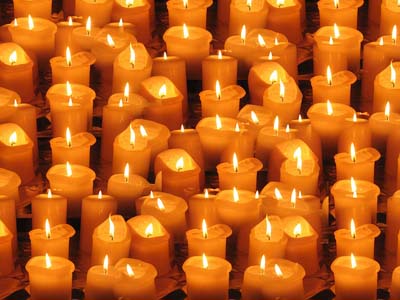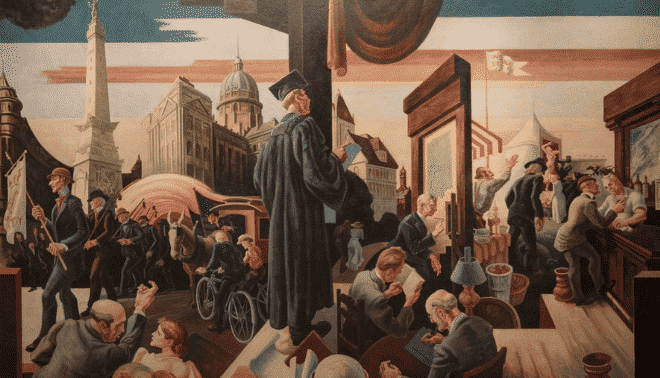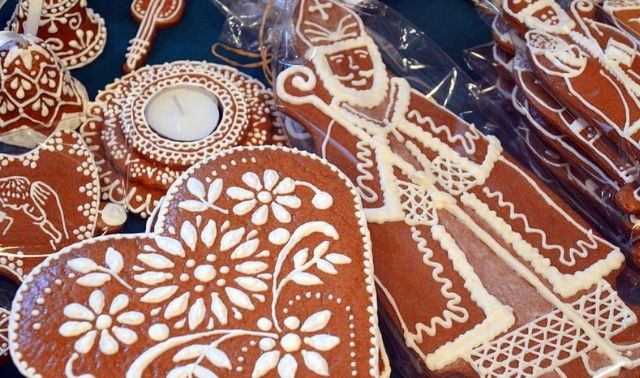Sign up for the Family Tree Newsletter Plus, you’ll receive our 10 Essential Genealogy Research Forms PDF as a special thank you!
Get Your Free Genealogy Forms
"*" indicates required fields
Old documents are sometimes dated according to these religious observances (for example, the Feast of St. Sebastian) rather than the secular date. Because our day and month names derive from pagan gods (ie, Thursday comes from “Thor’s day”), Amish refused to use them, preferring numbers instead. The date 4d4m means fourth day, fourth month: April 4.

Find floating religious holidays
Say your first American-born relative came into the world Easter Sunday 1881. What date was he born? Remember: Pope Gregory turned our calendars inside out just to keep Easter in the spring. But you can find the date for Easter back to 1700 here.
The Eastern Orthodox Church uses the Julian calendar to determine its holy days, which is why Orthodox Christmas falls on our Jan. 7. You’ll find this and other important dates on this chart. Similarly, Jews follow the Hebrew calendar—visit Steve Morse’s One-Step Web Pages (scroll down to Calendars) for a printable version and tools to convert both Hebrew calendar dates and tombstone dates.
Learn “name days”
Your great-aunt born Jan. 2 was named Agnes; a sixth cousin Cosmo was born Sept. 27. Calendars may be behind their monikers: For Catholics in many nations, it’s traditional to name a child after the saint on whose feast day he or she was born. But even if your ancestor Andrew Withersby wasn’t born Nov. 10—the feast day of St. Andrew—his family may have celebrated that day with gifts and well wishes.
Naming calendars can reveal your family’s cultural traditions and let you guess unknown birthdates. But over time, church reforms have changed the dates associated with different names. To trace pre-1955 names, you need a traditional calendar.
The Eastern Orthodox naming calendar is similar to that of Catholics. And though Anglicans don’t venerate saints, they observe special days for notable historical figures; see this liturgical calendar. Some nations, such as Sweden, formally adopted name-day calendars.
ADVERTISEMENT




